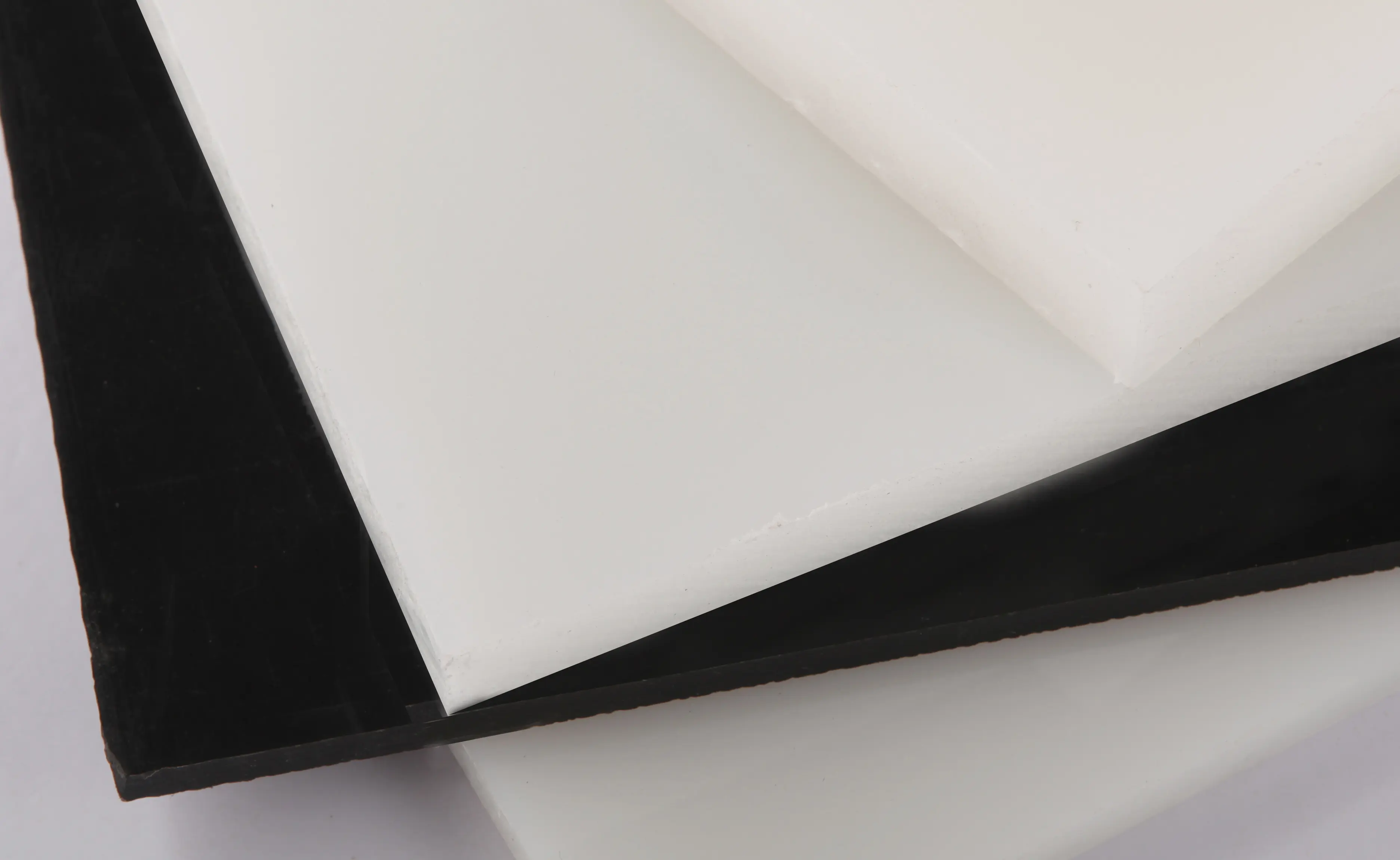dec . 16, 2024 03:24 Back to list
hdpe conduit pipe
Understanding HDPE Conduit Pipe Key Features and Applications
High-Density Polyethylene (HDPE) conduit pipe has gained immense popularity in various applications due to its robust properties and diverse functionalities. This article explores the features, advantages, and common uses of HDPE conduit pipe.
What is HDPE Conduit Pipe?
HDPE conduit pipe is a type of piping made from high-density polyethylene, a thermoplastic polymer known for its high strength-to-density ratio. This conduit pipe is specifically engineered to protect and route electrical cables, telecommunication lines, and other utilities underground or overhead. Its resistance to moisture, chemicals, and environmental stress makes it an optimal choice for various industries, including telecommunications, electrical, and construction.
Key Features of HDPE Conduit Pipe
1. Durability One of the defining characteristics of HDPE conduit pipe is its exceptional durability. It can withstand harsh weather conditions, impacts, and chemicals without significant degradation. This longevity ensures that the conduits protect the cables effectively over long durations.
2. Flexibility Unlike traditional piping materials, HDPE is extremely flexible, making it easier to install in various configurations. Its flexibility allows it to be bent or coiled, reducing the need for additional fittings and joints, which can lead to potential leaks.
3. Corrosion Resistance HDPE conduit pipe is resistant to a wide range of chemicals and corrosive substances. This property ensures that it maintains its structural integrity even when subjected to harsh environmental conditions, making it suitable for both indoor and outdoor applications.
4. Lightweight The lightweight nature of HDPE makes it easy to handle and transport, which can significantly lower labor costs during installation. Workers can maneuver the conduit easily, and the reduced weight minimizes the need for heavy machinery.
hdpe conduit pipe

5. Smooth Interior The smooth interior surface of HDPE conduit pipe reduces friction when cables are pulled through, lowering the risk of damage to the cables and enhancing the speed of installation. Additionally, it helps in preventing the buildup of dirt and debris.
Applications of HDPE Conduit Pipe
1. Telecommunications HDPE conduit pipes are widely used in the telecommunications industry to protect fiber optic cables. The conduits shield these sensitive cables from damage due to moisture and physical stress, ensuring uninterrupted communication services.
2. Electrical Distribution In electrical applications, HDPE conduit pipes are employed to protect electrical wires and cables. Their durability and flexibility make them ideal for use in underground installations where exposure to moisture or harsh conditions is a concern.
3. Utility Installations Many utility companies use HDPE conduit for water, gas, and sewage systems. Its resistance to corrosion and environmental stress makes it a reliable choice for transporting essential utilities safely.
4. Data Centers With the rise of data centers and cloud computing, the need for reliable cable management systems has grown. HDPE conduit is used to organize and protect the extensive network of cables in data centers, ensuring optimal performance and minimal downtime.
5. Renewable Energy The increasing focus on renewable energy sources, such as wind and solar, has also spurred the use of HDPE conduit pipe. These conduits protect the wiring associated with solar farms and wind turbines, ensuring long-lasting electrical connections in various weather conditions.
Conclusion
HDPE conduit pipe offers numerous advantages, including durability, flexibility, and corrosion resistance, making it an ideal choice for a wide range of applications. As technology advances and demands for efficient infrastructure solutions grow, HDPE conduit pipe will likely remain a fundamental component in the construction and utility industries. Its ability to protect critical electrical and communication systems is a testament to its value in modern engineering and connectivity. By opting for HDPE conduit pipe, industries can ensure their operations remain efficient, effective, and resilient against environmental challenges.
-
PP U-channel: Chemical-Resistant, Lightweight & Durable
NewsAug.10,2025
-
Transparent PVC Pipe: Clear Flexible Tubing for Fluids
NewsAug.09,2025
-
Durable PP Rigid Sheet: Versatile & High-Quality Plastic Panels
NewsAug.08,2025
-
Premium Glossy PP Rigid Sheet – Durable & Versatile
NewsAug.07,2025
-
High-Quality HDPE Sheet | Durable Plastic Panels
NewsAug.06,2025
-
High-Precision PVC Rigid Sheets for Vacuum Forming | AI-Optimized
NewsAug.05,2025

